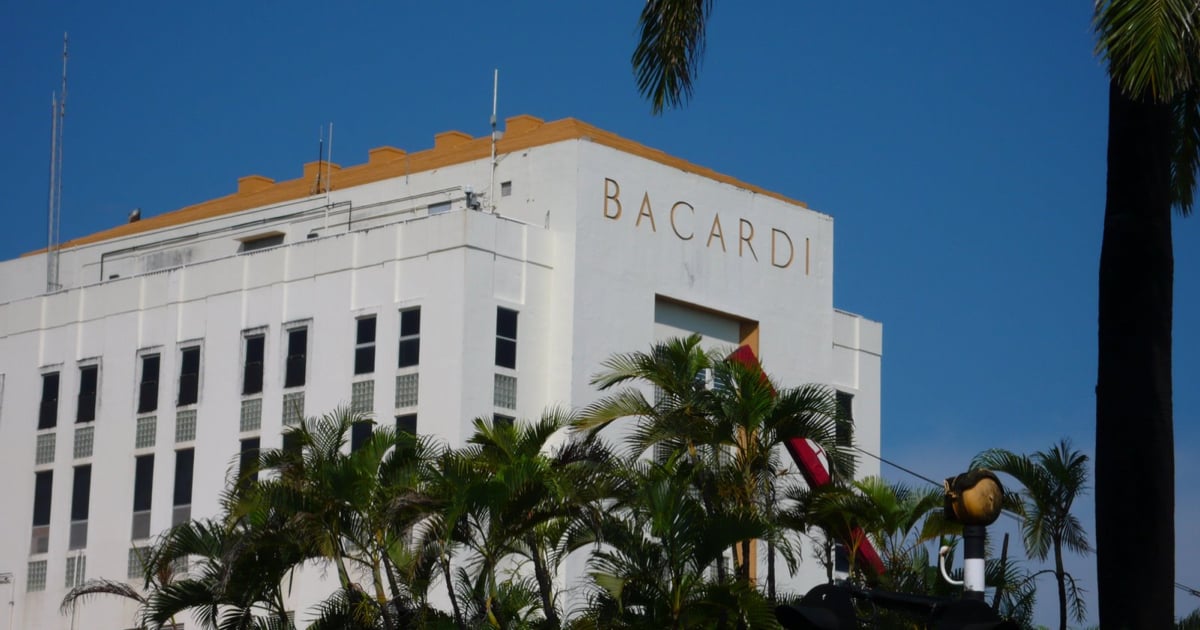The Cuban government has expressed its disapproval of the recent "No Stolen Trademarks Honored in America Act" signed by President Joe Biden. The legislation is described by Cuban officials as yet another "unilateral coercive measure" that intensifies the economic blockade against Cuba. In an official statement, Cuba's Ministry of Foreign Affairs argues that the new law essentially provides a "license to steal," paving the way for the appropriation of Cuban brands that are legitimately registered with the United States Patent and Trademark Office.
The statement further claims that the law, which is said to be driven by anti-Cuban elements within Congress, extends the reach of Section 211 of the Fiscal Year 1999 Appropriations Act. It delivers a "new blow to the international system of industrial property protection" and underscores what Cuba perceives as the United States' disregard for international legal agreements, particularly the Agreement on Trade-Related Aspects of Intellectual Property Rights and the Paris Convention for the Protection of Industrial Property.
Contrasting the U.S. stance, Havana emphasizes that Cuban authorities have consistently adhered to international intellectual property agreements, which both Cuba and the United States are part of. Presently, there are 6,448 American brands registered and protected within Cuba, according to the Cuban government.
President Biden enacted the "No Stolen Trademarks Honored in America Act of 2023," also referred to as the "Bacardí Law," on Sunday. This law is intended to safeguard the rights of trademarks that were seized by the Cuban government post-1959. It prohibits U.S. courts and agencies from recognizing trademarks expropriated without the original owners' consent, setting a precedent for businesses whose assets were nationalized following the Cuban revolution.
The White House has confirmed that the legislation passed with strong bipartisan support in both chambers of Congress. According to the official announcement, this law restricts the validation of trademark rights linked to confiscated goods or businesses unless the original owner or their heirs provide explicit consent.
The law has significant implications for the longstanding legal battle over the "Havana Club" trademark. This rum brand has been at the center of legal disputes involving the Bacardí corporation, the Cuban government, and its French partner, Pernod Ricard. Bacardí began selling rum under the Havana Club name in the United States in 1995 after purchasing the rights from the Arechabala family, the brand's original founders. However, the Cuban government, through its state-run company Cubaexport, also claims rights to the brand, with support from Pernod Ricard.
Cubaexport initially registered the trademark in the U.S. in 1976, but faced challenges in renewing it due to the American embargo and restrictions enforced by the Office of Foreign Assets Control (OFAC). In 2016, the Patent and Trademark Office (PTO) renewed Cubaexport's license, prompting Bacardí to file a lawsuit that reached the Fourth Circuit Court of Appeals in 2023, which ruled in favor of Bacardí, headquartered in Bermuda.
With this new law in place, the PTO and other federal entities will have limited ability to validate trademarks associated with confiscated properties, strengthening Bacardí's position in this ongoing conflict and potentially impacting Cuban exports of "Havana Club" rum.
Implications of the U.S. Trademark Law on Cuban Brands
What is the "No Stolen Trademarks Honored in America Act"?
The "No Stolen Trademarks Honored in America Act" is a law signed by President Biden aimed at preventing U.S. courts and agencies from recognizing trademarks expropriated by the Cuban government without the original owners' consent.
How does this law affect the Havana Club trademark dispute?
The law limits the ability of federal entities to validate trademarks linked to confiscated properties, which strengthens Bacardí's legal position in the dispute over the Havana Club trademark against Cubaexport and Pernod Ricard.
Why does Cuba oppose the new U.S. trademark law?
Cuba opposes the law as it views it as a unilateral measure that violates international intellectual property agreements and facilitates the appropriation of Cuban brands registered in the U.S.
